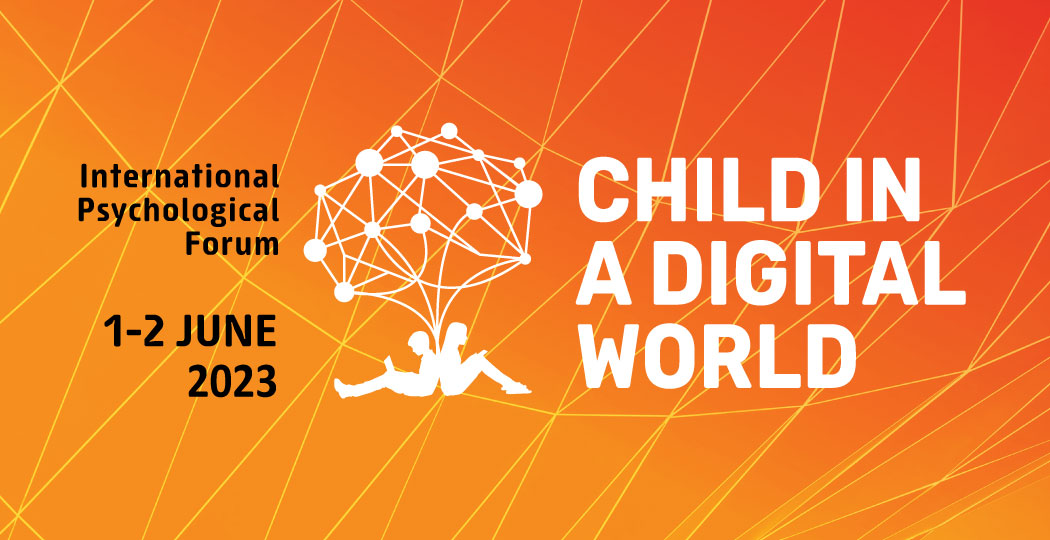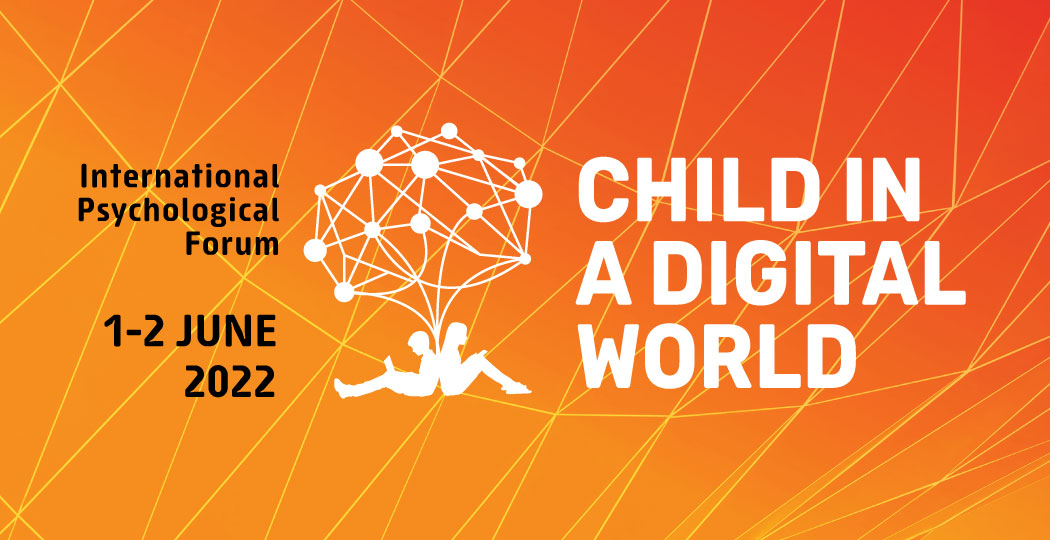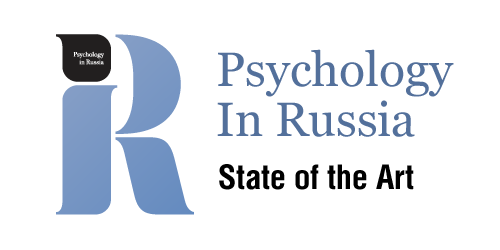About Us
The history of Russian Psychological Society dates back to 1885, when Psychological Society was founded at Moscow Imperial University (now Lomonosov Moscow State University) for the purpose of development of psychology “in all its branches, applications, and history, and for dissemination of psychological knowledge in Russia”.
The founders focused the Society's concerns on (as stated in its Charter):
- Systems of Psychology, in all forms of its study
- Application of Psychological Knowledge to other sciences, such as logic, morale, philosophy, law, aesthetics, pedagogy and other
- History of Psychology and its role in the old and in the new times.
From the very first days, the Society began to collect and publish works of its members and translate those of prominent foreign psychologists. Among first honorable members of Russian Psychological Society were Wilhelm Wundt, Theodule Ribot, Hermann Ludwig Ferdinand von Helmholtz, William James, EdwardBradfordTitchener and others.
Membership increased steadily until the Revolution of 1917. Although the new time, national reforms and Russian Civil War brought the official activity of Russian Psychological Society to a hold, up until the last moment of its operation the Society continued to serve members, the public and the discipline.
The traditions of high personal and scientific culture were brought back to the Society by new generation of dedicated scientists after it was restored as The Union of Psychologists of USSR in 1957. As the century continued, opportunities increased for psychologists working in more areas of life, including cosmonautics, education, development and labor. The Society restructured a number of times, forming various Divisions, Boards, committees and subsystems to accommodate members' many interests.
Whilst celebrating psychology achievements we also look to future developments for the discipline and the Society. The support and promotion of psychology continues through many Member Networks. Today membership of the Russian Psychological Society stands at over 5,000 members at 62 regional branches. The academic base of psychology has flourished with the boom in the popularity of the subject. The professional practice of psychology continues to be enhanced through the scrutiny applied to training and qualifications by our members contributing their time to our Boards and committees, and through the greater understanding and acceptance of psychology by the public.
Timeline
The Moscow Psychological Society is founded. Professor M.M. Troitskiy is elected the first Chairman of the Society.
N.Ya. Grot succeeded M.M. Troitskiy to the chairmanship of the Society. He took the initiative in proposing expanding the purpose of the Society to include educational work and dissemination of psychological knowledge.
The journal Problems of Philosophy and Psychology is founded. N.Ya. Grot becomes its first Chief editor.
Psychological Society celebrates its first anniversary. N.Ya. Grot presents his lecture “Foundations of ethics in life and activity”, A.N. Veselovskiy - “The thinker Voltaire” and V.P. Preobrazhenskiy presents his work “On psychological perspective”.
L.M. Lopatin is elected Chairman of the Society. He continues to advocate the connection between psychology and philosophy.
L.M. Lopatin is re-elected Chairman of the Society. By this time membership had increased to164 full members, 21 Contributing Members (including Nikolay Berdayev), 6 Corresponding Members and 14 Honorary Members, including T.A. Ribo, William James, Wilhelm Wundt and Hermann von Helmholtz.
Psychological Society celebrates its 25th anniversary. This time is characterized by the increased interest in methodology of psychology, the development of experimental and of quantitative methods. N.Ya. Grot finishes his “Basics of experimental psychology” and L.M. Lopatin’s “The method of self-observation” is published. Problems of determinism and spiritual nature of human psyche occupy the minds of psychologists in Russia. In the words of L.M. Lopatin “Understanding moral meaning of our theoretical knowledge and its connection to our ethical views makes us more responsible and keener towards problems of scientific knowledge”.
Psychological Society is restored as the Union of Psychologists of USSR with A.A. Smirnov as its first President. A.V. Zaporozhets is appointed as the first Chairman of Moscow branch of the Union - Moscow Psychological Society. Traditions of Russian Psychological Society are restored after the almost 40-year gap in its history.
The Union of Psychologists of USSR elects its second President, A.N. Leontyev - a person who marked the beginning of the whole new era in national psychological science. His efforts bring the VI World Psychology Congress to Moscow, which contributes to dissemination and acknowledgement of Russian psychological school worldwide.
A.N. Leontyev establishes Faculty of Psychology at Lomonosov Moscow State University. Among its first honorary guests are Jean Piaget and Paul Fraisse.
B.F. Lomov is elected the third President of The Union of Psychologists of USSR. He continues to widen the domain of psychological science by applying it, in particular, to the newly established domain of cosmonautics.
The Union of Psychologists of USSR is reformed to Russian Psychological Society with E.A. Klimov its first President. The I Russian Psychological Society Conference is held in Moscow.
The II Russian Psychological Society Conference “Psychology and Culture” is held in Rostov-on-Don that addressed the relations between scientific, fundamental grounds of the psychological science and practical activity of psychologists.
E.A. Klimov is re-elected president of the Society.
A.I. Dontsov is elected President of the Society.
The III Russian Psychological Society Conference “Psychology and Culture” is held in St. Petersburg addressing the problem of ongoing professional development of psychologists, and the need of expert system and procedures for certification and advancement for Psychologists.
The IV Russian Psychological Society Conference “Psychology for the future of Russia” is held in Rostov-on-Don. Scientific program includes psychology of individuality, neurosciences, giftedness, modernization of educational psychology, psychology of labor and organizational psychology. The first Youth School section is held.
Yu.P. Zinchenko is elected President of the Society.
The V Russian Psychological Society Conference is held in Moscow.
Yu.P. Zinchenko is elected President of the Society.
What We Do
- Support career development of Russian psychologists
- Promote psychological science
- Engage in active publishing
- Support of research in the field of psychology
- Ensure high standards of education, training and practice
- Increase the awareness and influence of psychology
Our Aims
- To be Russian professional body for the discipline
- To promote and apply psychology for the public good, make it accessible to all
- To be the authoritative and public voice of psychology
- To promote, protect and advance psychological science
International Cooperation
- Member of International Union of Psychological Science (IUPsyS)








